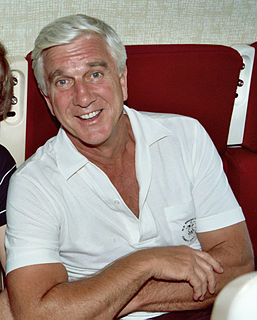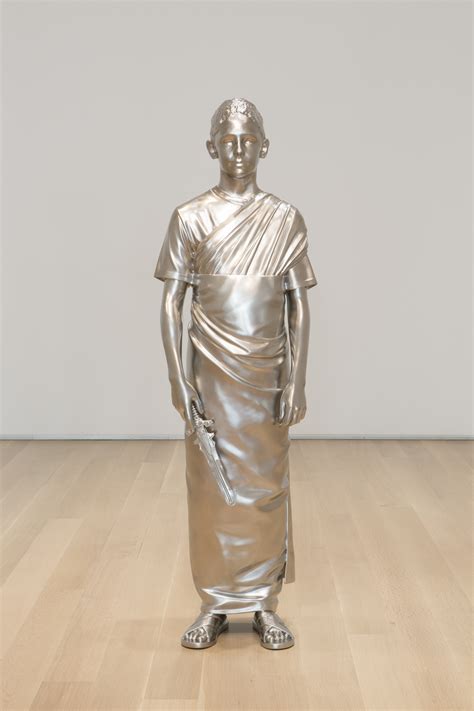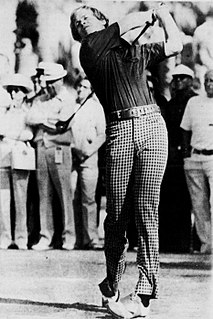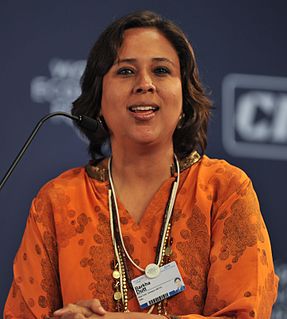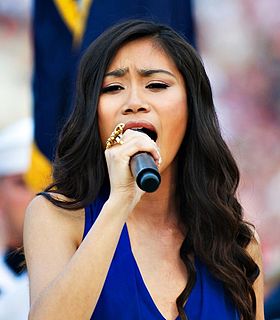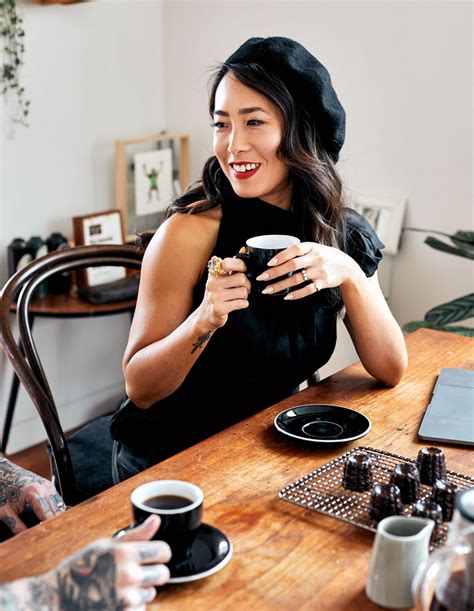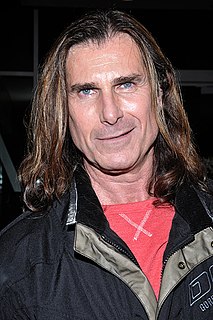A Quote by Leslie Nielsen
I had always functioned with dignity, wanting to appear intelligent, macho, never vulnerable or insecure. But now I realize that... a part of these comic characters is a fundamental part of me too.
Quote Topics
Related Quotes
I was making films about American society, and it is true that I never felt at home there, except perhaps when my wife and I lived on a farm in the San Fernando Valley. But I always wanted my characters to be more than cyphers for the failings of their world. And I never had to look too hard to find a part of myself in them
Monks, we who look at the whole and not just the part, know that we too are systems of interdependence, of feelings, perceptions, thoughts, and consciousness all interconnected. Investigating in this way, we come to realize that there is no me or mine in any one part, just as a sound does not belong to any one part of the lute.
All the evidence of history suggests that man is indeed a rational animal, but with a near infinite capacity for folly. . . . He draws blueprints for Utopia, but never quite gets it built. In the end he plugs away obstinately with the only building material really ever at hand--his own part comic, part tragic, part cussed, but part glorious nature.
